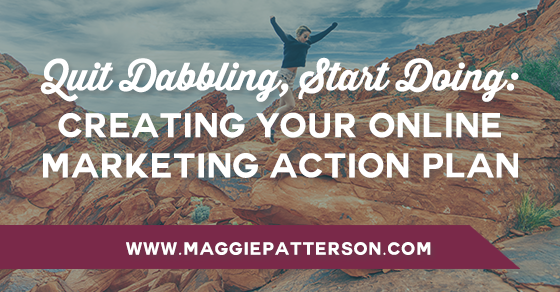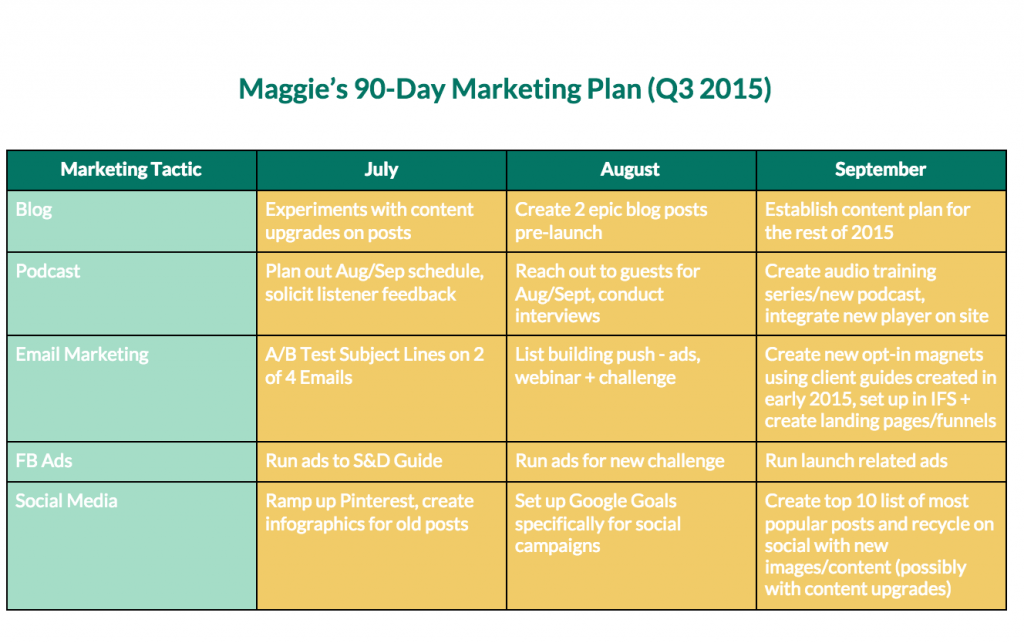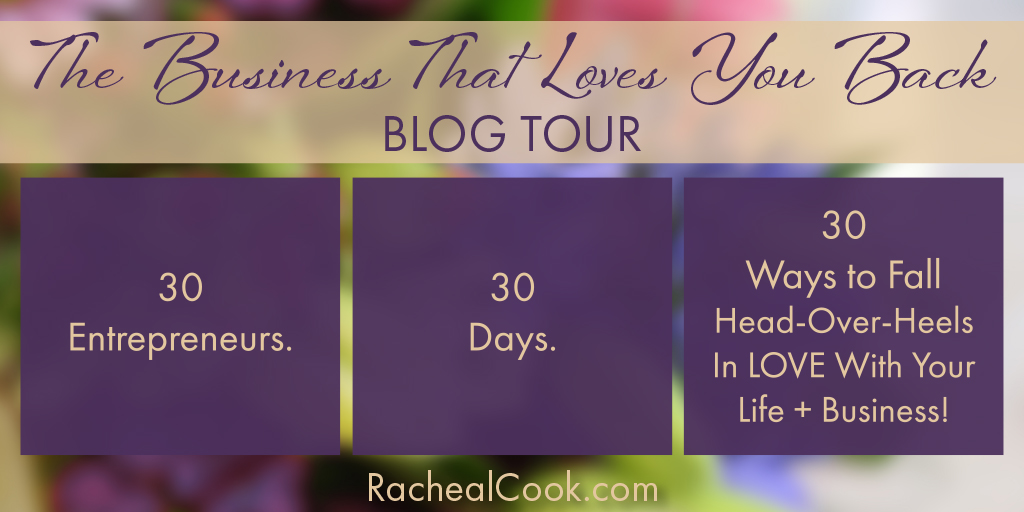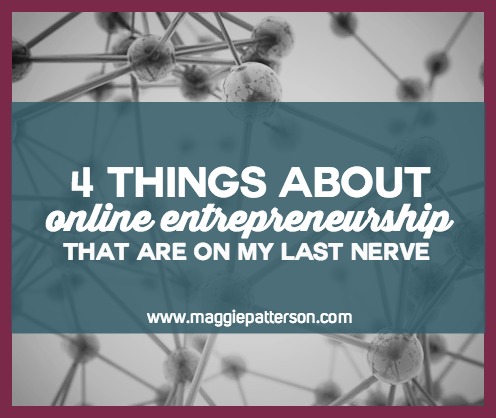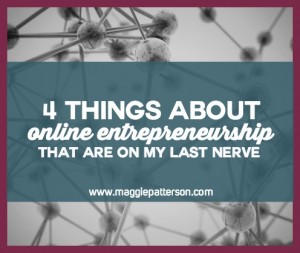
2016 is already zipping by. I mean, a whole quarter is already gone and in that 12 weeks, I feel like I lived a whole year in business.
Yes, I know I’ve been a bit quiet here on this blog, but to be honest, I’ve put this blog on hold as I tried to figure out exactly what I wanted it to be. What kind of content I could create that would be helpful, useful and valuable, and not just content to have something to publish.
After all, who doesn’t need a little sabbatical or reset after 30 months of blogging?
The launch of my new company, Scoop Industries, meant that I needed a clear delineation between what I blog about there, and what I blog about over here.
And here we are. Maggie, Unlimited where I blog about the intersection of building a business, entrepreneurship and how that all meshes up with life. All with a heavy dose of straight talk as I really don’t know how to do it any other way.
Which brings me to today’s topic. Masterminds, aka, my secret weapon in business.
If you’re not familiar with a mastermind group, it’s a mix of accountability, support, and idea sharing to help one another achieve success.
In the past three years, I’ve been a part of paid, and then informal, mastermind groups and they’ve been critical to my sanity and my success.
As a female entrepreneur, especially living in the middle of small town Canada, they’re my business life line. They’re people who get “me” and what I’m going through.
If you’re not in a mastermind, it’s time for you to find one as it gives you a structured way to help you reach your goals.
Before you decide you’re fine without one, there are no gold stars for doing this entrepreneurship, business owner thing on your own.
Imagine having a sounding board when you need it, a place to go when you’re stuck and having other people you know, like and trust that you can contribute to their business vision and success.
It’s pretty awesome. So, how do you get started?
1. Who Do You Want to Surround Yourself With?
The key to a mastermind being a good fit and a valuable use of time is being with the right people. For me, that’s been with people that have business values that are aligned with mine and are at a certain stage or level of experience.
As you consider this, do you want to mastermind with other people who do what you do? A variety of industries? Also think about who you mesh with and where you’ll be a-okay with sharing the ins and outs of your business.
2. What’s your Mastermind Goal?
Don’t just join a mastermind to check it off your list! Take time to get clear on your intention and goal from masterminding.
At each stage in your business, this may be different. When I was first starting out, it was to get connected and have support with different challenges. Now I rely on my mastermind group to push me and call me out on my shit.
What you need may be different, so put some time into figuring out what you need in the next three, six months or even a year to support your business and personal growth.
3. Free or Paid Mastermind?
I’ve been in several paid masterminds as well as a number of ones formed with business friends/collaborators.
There are benefits and drawbacks to both, so let’s quickly walk through them.
With paid masterminds, a lot of it comes down to the leader of the group and how they structure things. Is everyone at the same level, or are you going to be miles ahead or behind of everyone else?
Many times a paid mastermind requires a chunk of change, so definitely dig into all of the details before you commit.
Things I like to find out to help make my decision:
- How many people will be in the group?
- How are they screening people for fit?
- How often do we meet?
- What are the requirements for participating in the group?
- How is the group structured?
Even if it’s only a minor investment, asking these questions upfront can save you a headache later.
Maybe you’re not in the market for a paid mastermind, so a free group is always an option too. For best results, I recommend brainstorming who you’d like to mastermind with and are connected to and go from there.
Starting a new group is always easier than trying to find an existing one and then trying to get invited. People generally are pretty tight lipped about who they mastermind with and these groups tend to be a little bit secretive. (At least in my experience, it’s like some type of online entrepreneur version of the Skulls.)
The biggest thing with an unpaid mastermind is to ensure that there are clear rules of engagement and expectations from the get go. Establishing how often you’ll meet, how new members get added and more can save a lot of back and forth later.
Having this all laid out makes it easy for people to say yes or no when you invite them, and if you’ve got everything organized, it’s an easy yes.
To give you an idea of structure, my current group is one with 7 fellow female entrepreneurs and we meet monthly by Google Hangout. We also meet twice a year in person, and then have our Facebook group for support.
Armed with these three questions, you’ll be on your way to finding the right group for you and using the power of mastermind group to help you grow and thrive in ways you didn’t think possible.


